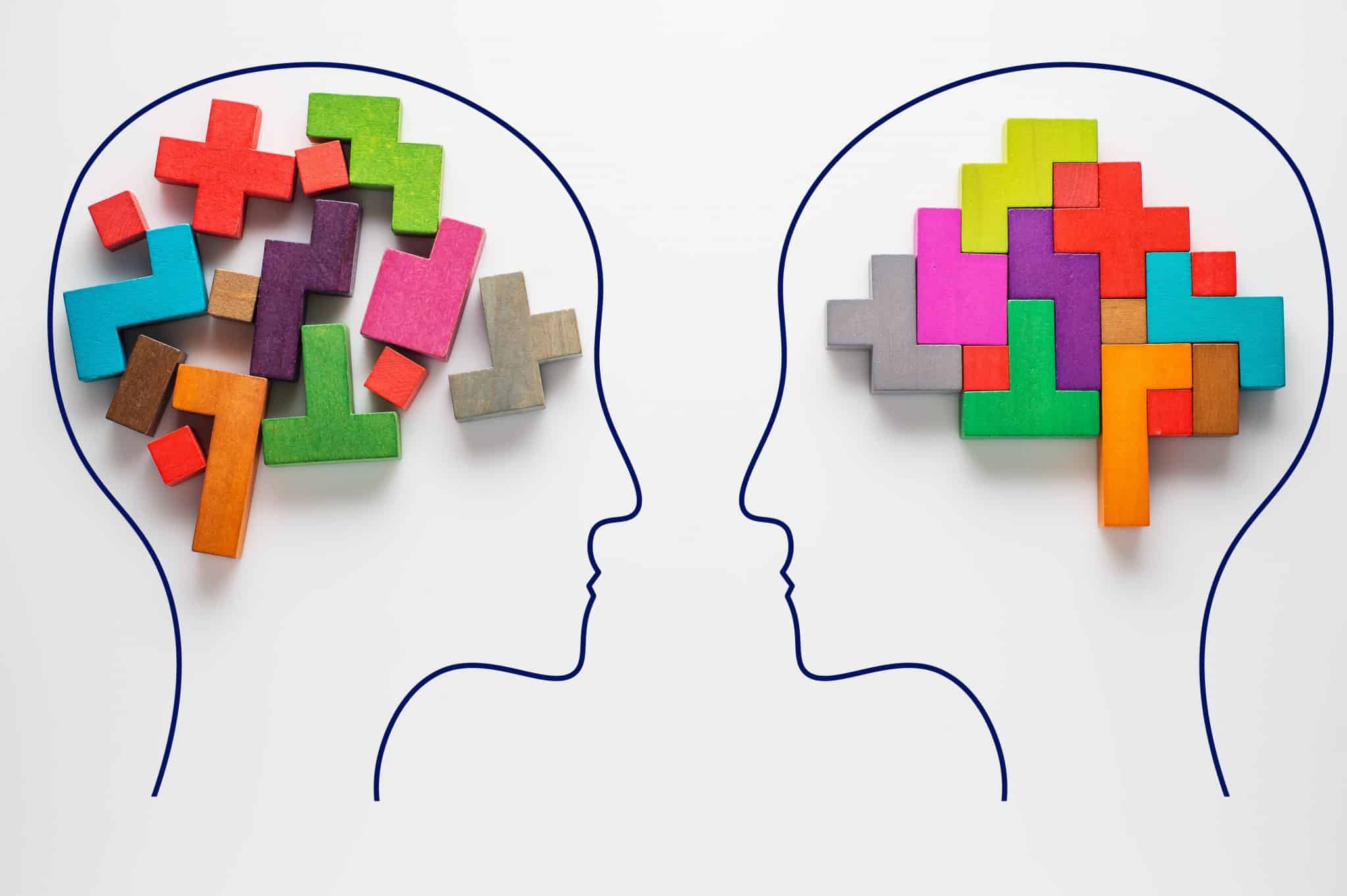Codependency is a psychological disorder that can significantly impact an individual’s emotional and mental well-being. It’s a condition that arises when the needs and desires of another excessively influence one person’s behaviour. Codependent individuals often feel responsible for other people’s problems and well-being, and they tend to sacrifice their own needs and desires to fulfil the needs of others. Codependency can lead to adverse outcomes, such as low self-esteem, anxiety, depression, and substance abuse. One way to overcome codependency is through forgiveness.
What is on this page
The Effects of Codependency
Codependency can have numerous adverse effects on an individual. Codependent individuals may experience feelings of anxiety, depression, and low self-esteem and may struggle with substance abuse. Codependents often have trouble forming healthy relationships, as they may attract partners who are emotionally unavailable or abusive. Codependency can also lead to emotional exhaustion and burnout, as codependent individuals tend to put others’ needs above their own. Ultimately, codependency can lead to losing identity and a sense of purpose.
The Link Between Codependency and Forgiveness
Codependent individuals often feel responsible for other people’s happiness and well-being, making it difficult for them to forgive others. They may hold onto that resentment when they feel like someone has wronged them, believing it’s their responsibility to make things right. This can lead to a cycle of codependent behaviour, where the individual must fix the relationship by sacrificing their needs.
Understanding Forgiveness in the Context of Codependency
Forgiveness is a crucial component of codependency recovery, but it can be difficult for codependent individuals to forgive others. Forgiveness does not mean forgetting the wrongdoing or excusing the person’s behaviour. Instead, forgiveness is a way to let go of the resentment and anger one may be holding towards another person. Forgiveness means choosing to release oneself from the negative emotions associated with the wrong done by another person.
Forgiveness can be difficult for codependent individuals because they often have a history of being mistreated. They may have grown up in an abusive or neglectful environment and may have learned to associate forgiveness with weakness. However, forgiveness is a strength that can help individuals move forward from past hurt and trauma.
Forgiveness Methods for Codependents
There are several methods that codependent individuals can use to develop forgiveness in their lives. The first step is to acknowledge the hurt and pain one has experienced. This means identifying the person who has wronged them, acknowledging the impact that the wrongdoing has had on their lives, and recognizing that forgiveness is a process that takes time.
The second step is to reframe the situation. Instead of viewing the wrongdoing as a personal attack, it’s essential to recognize that the person who wronged them may have acted out of their pain and suffering. This doesn’t excuse the behaviour, but it helps put it into context.
Finally, it’s important to practice self-compassion. Codependent individuals often struggle with self-worth and may blame themselves for the wrongs that others have done to them. Self-compassion means treating oneself with kindness and understanding, recognizing that everyone makes mistakes and that forgiveness is an act of self-love.
The Benefits of Forgiveness in Codependency Recovery
Forgiveness can have numerous positive effects on codependency recovery. By letting go of resentment and anger, individuals can free themselves from the negative emotions associated with codependency. Forgiveness can also lead to healthier relationships, allowing individuals to let go of the need to control or fix others. This can lead to more authentic and fulfilling connections with others, as individuals can show up as their true selves.
Additionally, forgiveness can lead to increased emotional regulation and improved mental health. When individuals can let go of negative emotions, they may experience decreased anxiety, depression, and stress. Forgiveness can also lead to increased self-esteem and a sense of personal empowerment.
The Process of Forgiveness for Codependents
The process of forgiveness can be challenging, but it’s an essential step in codependency recovery. The following steps can help codependent individuals to develop forgiveness in their lives:
- Acknowledge the hurt and pain that one has experienced
- Reframe the situation to put it into context
- Practice self-compassion and treat oneself with kindness and understanding
- Consider the other person’s perspective and possible motivations
- Decide to forgive and let go of negative emotions
- Take action to repair the relationship if possible
- Practice ongoing forgiveness and self-compassion
It’s important to note that forgiveness is a process that takes time and practice. It may not happen overnight, but with consistent effort, individuals can develop forgiveness as a tool for healing from codependency.
Family Therapy and Codependency
Family therapy can be an essential part of codependency recovery. Family therapy involves working with a therapist to address issues within the family system. It can benefit codependent individuals, allowing them to examine how their codependency may have developed within their family of origin.
Family therapy can also help individuals to develop forgiveness skills. By working with a therapist and other family members, individuals can learn how to communicate effectively, set healthy boundaries, and develop a sense of empathy towards others. Family therapy can also provide a safe space for individuals to express their emotions and work through past traumas.
Codependency can significantly impact an individual’s emotional and mental well-being, but forgiveness can be a powerful tool for healing. Forgiveness allows individuals to release negative emotions and move forward from past hurt and trauma. Individuals can develop healthier relationships and improve their mental health by practising forgiveness. Family therapy can also be an essential part of codependency recovery, as it allows individuals to examine how their codependency may have developed within their family of origin. With consistent effort and support, individuals can develop forgiveness to heal from codependency and lead a more fulfilling life.


